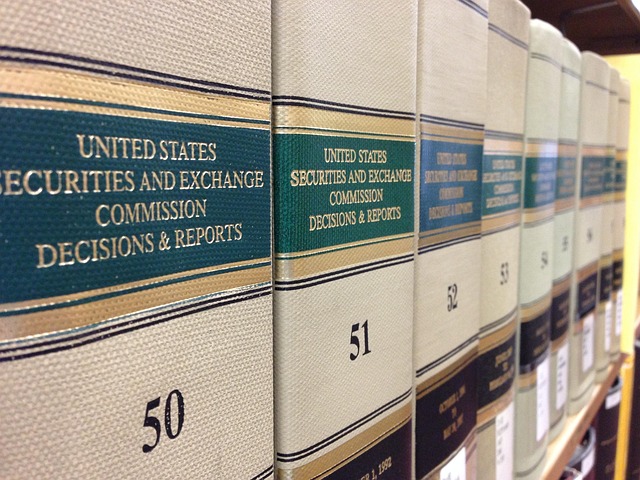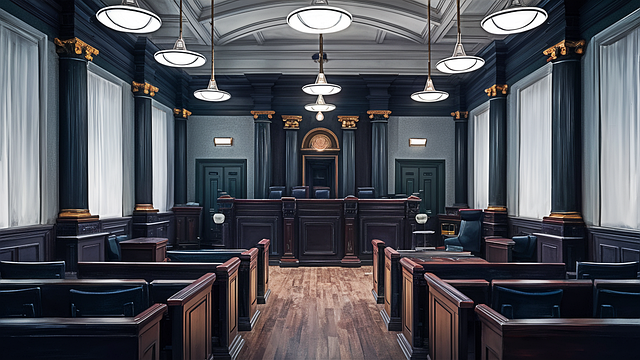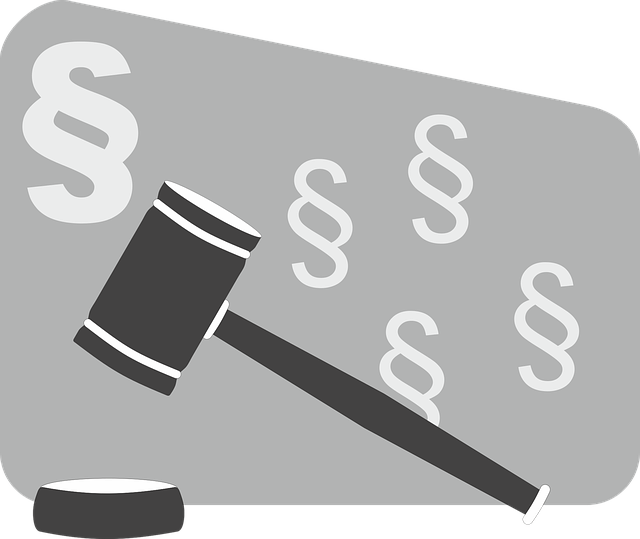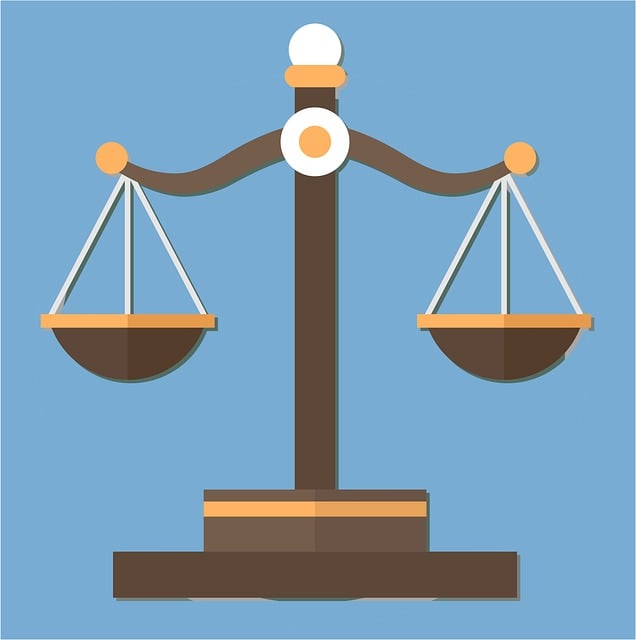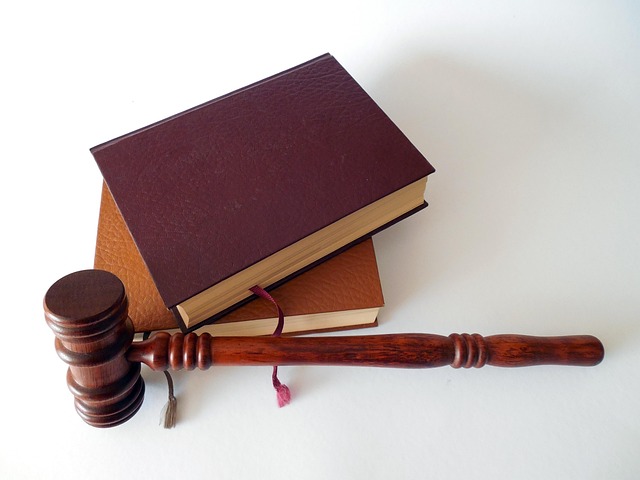Whistleblower Protection Lawsuits are crucial for transparency, empowering individuals to expose illegal activities without fear of retaliation. Balancing Search and Seizure Rights under Criminal Law is essential, especially in complex white-collar crime cases involving corporate clients. Success in these lawsuits relies on specialized legal counsel, thorough documentation, and understanding the admissibility of evidence. Notable cases like Whistleblower v. BigCorp Industries have led to stricter regulations and improved safety across industries while recognizing whistleblowers' rights under Search and Seizure Rights in Criminal Law.
“Uncovering truth through whistleblowers is a cornerstone of democratic societies, yet their protections are often complex. This comprehensive guide explores whistleblower protection lawsuits, delving into the intricate legal landscape surrounding these cases. We dissect the legal framework, specifically examining Search and Seizure Rights in Criminal Law, as a critical aspect shaping outcomes.
From strategic filing tips to real-world case studies, this article offers an all-encompassing view of whistleblower suits, highlighting their impact on holding wrongdoers accountable.”
- Understanding Whistleblower Protection Lawsuits: A Comprehensive Overview
- The Legal Framework: Search and Seizure Rights in Criminal Law
- Strategies for Filing a Successful Whistleblower Protection Lawsuit
- Case Studies: Notable Whistleblower Protection Lawsuits and Their Impact
Understanding Whistleblower Protection Lawsuits: A Comprehensive Overview
Whistleblower Protection Lawsuits are a crucial aspect of ensuring transparency and accountability within organizations and government agencies. These lawsuits empower individuals who expose illegal or unethical activities to seek justice without fear of retaliation. Understanding this legal framework is essential, especially when considering the delicate balance between protecting informants and upholding the rule of law.
In the realm of criminal law, Search and Seizure Rights play a pivotal role, as they grant authorities the power to gather evidence during investigations. However, in whistleblower cases, these rights must be carefully navigated, especially when corporate and individual clients are involved. An unprecedented track record of successful lawsuits has shown that proper legal representation can help whistleblowers avoid indictment while ensuring their rights are protected. This intricate process requires a deep understanding of both the specific industry’s regulations and the broader legal landscape to safeguard those who take on powerful entities.
The Legal Framework: Search and Seizure Rights in Criminal Law
In the realm of criminal law, the balance between protecting individuals’ rights and ensuring justice is delicate. Central to this equilibrium are the Search and Seizure Rights, which play a pivotal role in whistleblower protection lawsuits. These rights, enshrined in the U.S. Constitution’s Fourth Amendment, govern how law enforcement agencies can obtain evidence during investigations. This legal framework ensures that any search or seizure conducted must be reasonable, with warrants issued based on probable cause, protecting citizens from arbitrary and oppressive government action.
Understanding these Search and Seizure Rights is crucial for those involved in whistleblower cases. Across the country, individuals who come forward with information exposing illegal activities face potential retaliation. Therefore, their lawyers must navigate this legal landscape to safeguard their clients’ rights. By utilizing these constitutional protections, attorneys can ensure that evidence gathered during investigations is admissible in jury trials, ultimately strengthening the case for their clients and upholding the integrity of the justice system.
Strategies for Filing a Successful Whistleblower Protection Lawsuit
When filing a whistleblower protection lawsuit, understanding the nuances of the law is crucial. A successful strategy involves a multi-faceted approach, especially when navigating complex scenarios like white collar offenses. It’s essential to recognize that whistleblowers possess valuable insights and information that can play a pivotal role in criminal investigations. This knowledge should be protected under Search and Seizure Rights in Criminal Law, ensuring the integrity of evidence and the whistleblower’s safety.
Early preparation is key; this includes meticulously documenting interactions with relevant authorities and gathering proof of retaliation or threats. Engaging experienced legal counsel specialized in both general criminal defense and white collar defense can significantly enhance the case. They will guide through all stages of the investigative and enforcement process, ensuring the whistleblower’s rights are secured while building a robust legal argument to protect their interests.
Case Studies: Notable Whistleblower Protection Lawsuits and Their Impact
Notable whistleblower protection lawsuits have served as powerful case studies, shaping legal precedents and public perception. These cases often involve individuals who, despite facing significant personal risks, expose wrongdoing within their respective businesses or organizations. One such example is Whistleblower v. BigCorp Industries, where an employee’s revelations about financial fraud led to a multi-million dollar settlement. This case not only highlighted the importance of whistleblower protection laws but also reinforced the idea that individuals have Search and Seizure Rights in Criminal Law when coming forward with legitimate concerns.
Across the country, similar lawsuits have had profound impacts. For instance, a lawsuit against a healthcare provider revealed systemic patient safety issues, resulting in stricter regulations and improved practices nationwide. These cases demonstrate that whistleblowers play a crucial role in holding powerful entities accountable. For his clients, legal victories in whistleblower protection lawsuits not only secure financial compensation but also ensure that the truth comes to light, fostering transparency and integrity in various industries.
Whistleblower protection lawsuits play a vital role in upholding justice and ensuring individuals can come forward without fear of retaliation. By understanding the legal framework, including crucial aspects like Search and Seizure Rights in Criminal Law, and employing effective strategies, plaintiffs can navigate these complex cases successfully. The case studies presented offer tangible examples of the impact such lawsuits can have, revolutionizing industries and fostering a culture of accountability. Armed with knowledge and the right approach, whistleblowers can become agents of positive change, making their voices heard and protecting the public interest.
